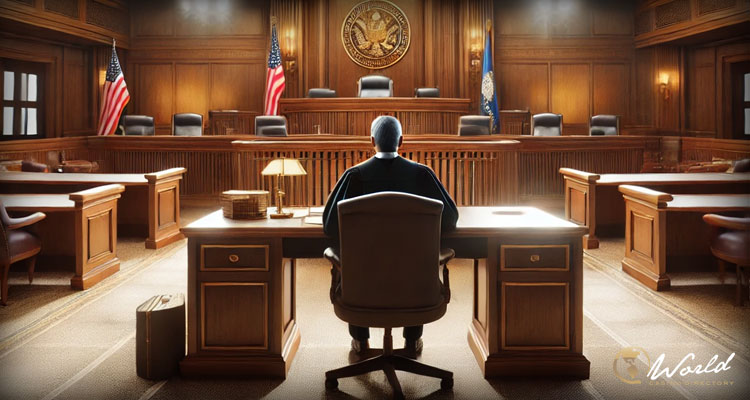Following the recent approval of Arkansas’ Issue 2, the Cherokee Nation and affiliated entities have filed a federal lawsuit against the state, challenging the amendment’s impact on their plans to build a casino in Pope County. The amendment, which garnered approximately 56% voter support, effectively nullifies the casino license previously granted to Cherokee Nation Entertainment (CNE) for a $300 million casino and resort project in Russellville. This development now brings a complex legal battle, with the Cherokee Nation asserting that Issue 2 violates several constitutional protections.
The suit, filed in the U.S. District Court for the Eastern District of Arkansas, contended that Issue 2 unlawfully revokes a government-issued license, undermining CNE’s rights under the U.S. Constitution. The plaintiffs, which include Cherokee Nation Businesses, Cherokee Nation Entertainment, and Pope County resident Jennifer McGill, argued that Issue 2 infringes upon the due process, contract, equal protection, and takings clauses of the Constitution. They also required the judge to issue a temporary restraining order, preventing the provisions of Issue 2 from coming into effect.
Bart Calhoun, legal counsel for Cherokee Nation Entertainment, cited by THV11, emphasized their commitment to defending the project and protecting the group’s investments. “Cherokee Nation Entertainment is firmly committed to protecting its constitutional rights, defending its lawfully issued casino license, and safeguarding the substantial investments it made in good faith based on the establishment of the Pope County casino license under Amendment 100 in 2018,” Calhoun stated. A hearing took place on Tuesday, November 12, and the U.S. District Court decided against issuing a temporary restraining order, according to KHBS. This decision allows Issue 2 to go into effect and basically removes Cherokee Nation’s casino license.
Legal Grounds and Constitutional Claims
In their complaint, the plaintiffs argue that Issue 2 is unconstitutional on multiple grounds. One primary claim is that the amendment strips CNE of its casino license without due process, resulting in a government “taking” without compensation, thus breaching the takings clause. Moreover, the lawsuit claims that the amendment interferes with existing contracts that CNE had with Pope County and other partners, violating the contract clause of the Constitution.
The plaintiffs further argue that Issue 2 singles out the Pope County license, while leaving three other casino licenses issued under Amendment 100 untouched, raising an equal protection challenge. The lawsuit notes that voters were not explicitly informed that Issue 2 would revoke CNE’s license when they cast their ballots. “To put it simply, the voters had no idea, by looking at what was in front of them in the voting booth, that they were revoking CNE’s license or nullifying a government contract,” the complaint states.
Additionally, the brief filed in support of the complaint asserts that Issue 2 “substantially interferes” with CNE’s economic development agreement with Pope County, which includes multi-million-dollar obligations such as annual contributions to local foundations and substantial infrastructure investments. The plaintiffs argue that these contracts, executed in reliance on the stability of their license, now face uncertainty and potential nullification due to the amendment.
The Cherokee Nation had planned a $300 million investment for the Legends Resort & Casino, a major entertainment destination that would feature a 50,000-square-foot gaming floor, 1,200 slot machines, a 200-room hotel, and an outdoor concert venue for 5,000 attendees. The casino was expected to bring thousands of jobs and generate an economic impact of over $5 billion for Arkansas over its first decade, according to KOSU. In addition, CNE agreed to provide Pope County with an annual $2.1 million contribution to support local initiatives and development.



